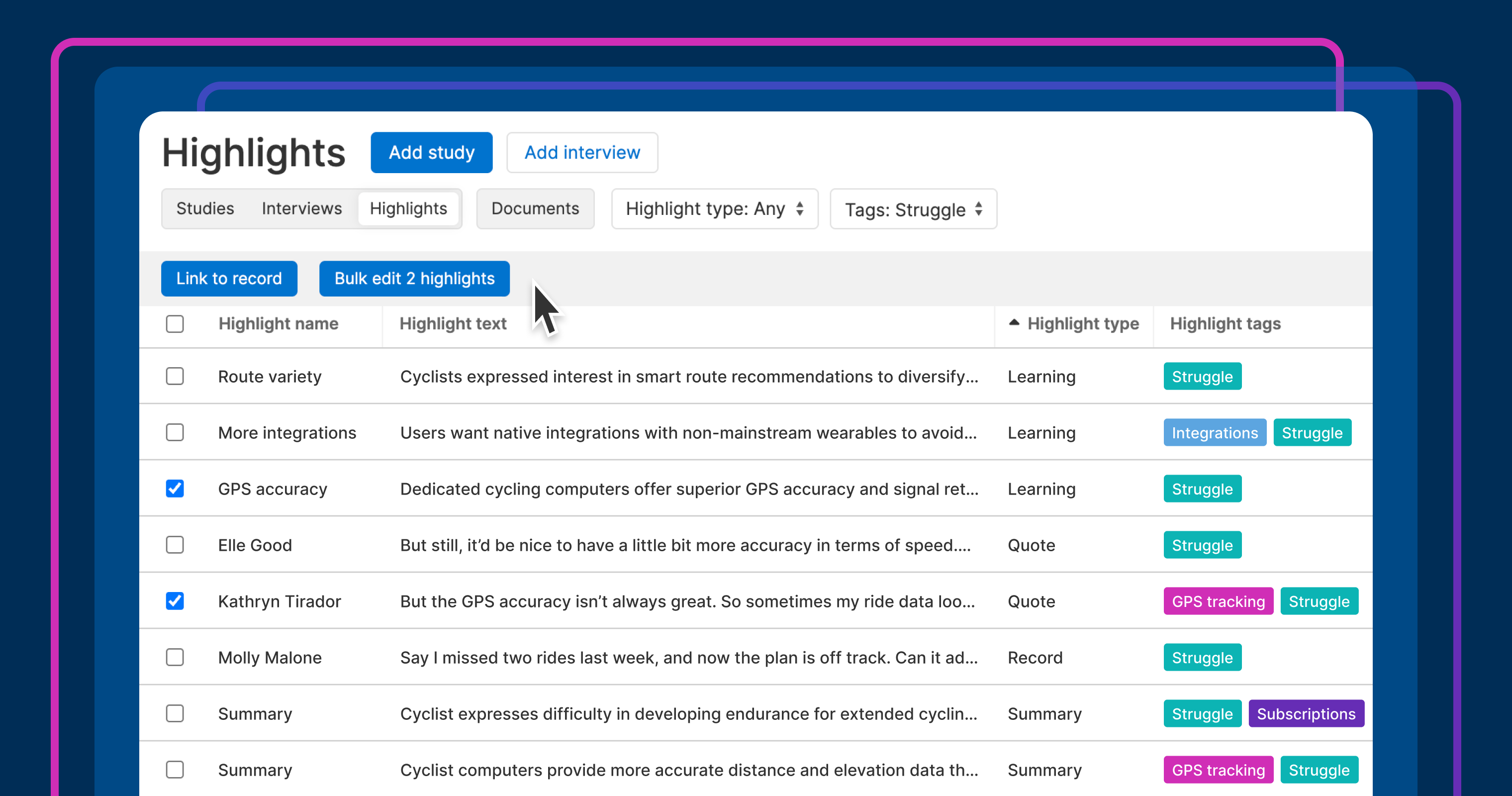Senate Republicans are about to pass a bill that will destroy the climate and spike your energy bills. It’s time to fight back
As record heat waves hit much of the U.S., the Senate is about to pass a bill that will decimate clean energy—and cripple our best shot at curbing extreme weather and climate disasters. But while the headlines are dire, most Americans don’t realize how close we are to a thriving clean energy economy—and what a dramatic impact that would have on averting the worst impacts of climate change. The clean energy revolution I served in the White House Climate Policy Office under President Biden. Since leaving the White House, it has become painfully clear that we failed to convince the American people of the urgency of the climate crisis and that clean energy is our path to a secure, thriving future. Yet in the background, the U.S. has quietly launched a clean energy revolution—in March, for the first time in U.S. history, clean energy generated more electricity than fossil fuels in a single month. Twice as many Americans now work in clean energy than in fossil fuels. In the past four years, the U.S. catalyzed over $860 billion in private clean energy investments and announced 400,000 new clean energy jobs. And we were reigning in the climate crisis, on track to reduce greenhouse gas emissions by more than 50% by 2030 and by 100% by 2050. But that progress is now under assault—and there will be profound consequences. To pay for Trump’s tax cuts for the richest Americans, Congress is on the verge of passing a budget bill that will add $3 trillion to the deficit, gut the clean energy economy, and eliminate our chance at averting future climate disasters. But it hasn’t passed yet. And it’s not too late to try to convince Congress to back off these extreme measures. But you have to take action—now. Giving China a leg up By harnessing sun, wind, and other clean sources, the U.S. was on track for 100% of our electricity to come from clean energy by 2035. In the past four years, the U.S. doubled solar power, enough to run 40 million homes. Last year, 93% of new electricity generation came from clean energy. In that same period, $127 billion was invested in 900 new clean manufacturing facilities—most in red states—to produce everything from wind turbines and heat pumps to electric vehicles. Now, just five months into the Trump administration, the Republican budget bill will end that growth if it’s passed by Congress. It will eliminate tax credits that help families, schools, and churches cut their energy bills with solar, geothermal, and energy efficiency. The EV tax credit will end. The bill kills solar and wind farms, eliminates hundreds of thousands of jobs, undermines U.S. manufacturing, and gives China a leg up on clean energy. Meanwhile, it expedites permits for dirty, higher-cost fossil fuels. In exchange for tax breaks for the wealthiest, Trump will increase consumer energy costs and hurt national security. In anticipation, solar companies that were thriving six months ago are now going bankrupt and laying off workers. At stake are almost a million existing and new jobs through 2030, over $522 billion in planned clean energy investments, and our opportunity to curb future climate disasters. Maintaining legacy power Today’s political crisis is about consolidating and maintaining legacy power and money. During his campaign, Trump made a deal with fossil fuel executives that for $1 billion in campaign donations he’d decimate environmental regulations, expedite oil and gas permits, expand their tax advantage, and cut the clean energy economy off at its knees. Since the Supreme Court’s 2010 Citizens United ruling, oil and gas lobbying has grown 75-fold. In 2023, when consumer energy bills skyrocketed and climate disasters caused $182.7 billion in damages, ExxonMobil, Chevron, Shell, and BP’s profits exceeded $100 billion. Now, the fossil fuel industry is getting what it paid for. Since January, large-scale clean energy and electric vehicle factories with investments of $14 billion have been canceled or downsized—leading to 10,000 jobs lost. The largest steel plant in America abandoned plans to replace its fossil fuel furnaces with clean hydrogen. Offshore wind projects that could power millions of homes were canceled. And even the most popular consumer energy efficiency program, EPA’s Energy Star, which generated $40 billion in consumer energy savings at a price tag of just $32 million a year, has been eliminated. In March, Congress passed a bill that prevents California from transitioning to electric vehicles by 2035 (a policy 11 other states adopted). This assault by the President and Congress predictably raises consumer costs and makes households less economically secure in a country where one in four Americans and one in two low-income Americans already struggle to pay their energy bills. Ending clean energy tax credits will make rooftop solar at home more expensive. Without new solar and wind farms, consumer prices will spike as data centers and AI demand more power.

As record heat waves hit much of the U.S., the Senate is about to pass a bill that will decimate clean energy—and cripple our best shot at curbing extreme weather and climate disasters. But while the headlines are dire, most Americans don’t realize how close we are to a thriving clean energy economy—and what a dramatic impact that would have on averting the worst impacts of climate change.
The clean energy revolution
I served in the White House Climate Policy Office under President Biden. Since leaving the White House, it has become painfully clear that we failed to convince the American people of the urgency of the climate crisis and that clean energy is our path to a secure, thriving future. Yet in the background, the U.S. has quietly launched a clean energy revolution—in March, for the first time in U.S. history, clean energy generated more electricity than fossil fuels in a single month.
Twice as many Americans now work in clean energy than in fossil fuels. In the past four years, the U.S. catalyzed over $860 billion in private clean energy investments and announced 400,000 new clean energy jobs. And we were reigning in the climate crisis, on track to reduce greenhouse gas emissions by more than 50% by 2030 and by 100% by 2050.
But that progress is now under assault—and there will be profound consequences. To pay for Trump’s tax cuts for the richest Americans, Congress is on the verge of passing a budget bill that will add $3 trillion to the deficit, gut the clean energy economy, and eliminate our chance at averting future climate disasters. But it hasn’t passed yet. And it’s not too late to try to convince Congress to back off these extreme measures. But you have to take action—now.
Giving China a leg up
By harnessing sun, wind, and other clean sources, the U.S. was on track for 100% of our electricity to come from clean energy by 2035. In the past four years, the U.S. doubled solar power, enough to run 40 million homes. Last year, 93% of new electricity generation came from clean energy. In that same period, $127 billion was invested in 900 new clean manufacturing facilities—most in red states—to produce everything from wind turbines and heat pumps to electric vehicles.
Now, just five months into the Trump administration, the Republican budget bill will end that growth if it’s passed by Congress. It will eliminate tax credits that help families, schools, and churches cut their energy bills with solar, geothermal, and energy efficiency. The EV tax credit will end. The bill kills solar and wind farms, eliminates hundreds of thousands of jobs, undermines U.S. manufacturing, and gives China a leg up on clean energy.
Meanwhile, it expedites permits for dirty, higher-cost fossil fuels. In exchange for tax breaks for the wealthiest, Trump will increase consumer energy costs and hurt national security. In anticipation, solar companies that were thriving six months ago are now going bankrupt and laying off workers. At stake are almost a million existing and new jobs through 2030, over $522 billion in planned clean energy investments, and our opportunity to curb future climate disasters.
Maintaining legacy power
Today’s political crisis is about consolidating and maintaining legacy power and money. During his campaign, Trump made a deal with fossil fuel executives that for $1 billion in campaign donations he’d decimate environmental regulations, expedite oil and gas permits, expand their tax advantage, and cut the clean energy economy off at its knees. Since the Supreme Court’s 2010 Citizens United ruling, oil and gas lobbying has grown 75-fold. In 2023, when consumer energy bills skyrocketed and climate disasters caused $182.7 billion in damages, ExxonMobil, Chevron, Shell, and BP’s profits exceeded $100 billion.
Now, the fossil fuel industry is getting what it paid for. Since January, large-scale clean energy and electric vehicle factories with investments of $14 billion have been canceled or downsized—leading to 10,000 jobs lost. The largest steel plant in America abandoned plans to replace its fossil fuel furnaces with clean hydrogen. Offshore wind projects that could power millions of homes were canceled. And even the most popular consumer energy efficiency program, EPA’s Energy Star, which generated $40 billion in consumer energy savings at a price tag of just $32 million a year, has been eliminated. In March, Congress passed a bill that prevents California from transitioning to electric vehicles by 2035 (a policy 11 other states adopted).
This assault by the President and Congress predictably raises consumer costs and makes households less economically secure in a country where one in four Americans and one in two low-income Americans already struggle to pay their energy bills. Ending clean energy tax credits will make rooftop solar at home more expensive. Without new solar and wind farms, consumer prices will spike as data centers and AI demand more power.
Climate crisis
Dismantling the clean energy sector and amping up fossil fuels will also spin the climate crisis out of control. Disasters like Hurricane Helene in North Carolina and the Los Angeles wildfires will only grow in frequency and intensity. Record-breaking extreme heat, like Phoenix’s 70 days above 110 degrees Fahrenheit or Salem, Oregon’s 117-degree Fahrenheit temperatures, will become the norm.
Climate disasters are already causing property insurance rates to skyrocket and carriers to leave markets. All major property insurance companies now have climate scientists on staff to minimize the financial risk of climate disasters to their bottom line (while at the same time they invest more than a half a trillion dollars per year in fossil fuel assets that cause climate change). In February, Federal Reserve Chair Jerome Powell testified before the Senate that “if you fast-forward 10 or 15 years, there are going to be regions of the country where you can’t get a mortgage because of climate change.” To hide the climate truth, FEMA has been directed to stop collecting climate disaster data.
And this is just the beginning. Earth systems could collapse, choking food production, leading to loss of land, and causing mass migration and conflict, even here at home.
Tearing down democracy
This is supposed to be our decade of action to keep global temperature increases under 1.5 degrees Celsius. Instead, we’re tearing down democracy and institutions that could grow a thriving clean energy economy.
In May, Trump visited the Middle East where he accepted a luxury jet from Qatar, a country made rich from its vast oil and methane gas reserves. This week’s attention has turned to Iran, another fossil fuel rich country. Because one gallon of oil equals 500 hours of human work, fossil fuels equal power. But the riches of clean energy benefit all.
On June 14, 5 million Americans marched to protest Trump’s actions—I joined with my children. Let’s turn that momentum into action and hold our members of Congress accountable. Grassroots efforts can work to change the outcome of this bill: Because of phone calls and letters, an egregious provision in an early version of the House budget was eliminated that would have gagged the voices of climate and clean energy organizations by giving the executive branch unprecedented power to revoke tax-exempt status of charitable organizations.
It’s time to call and email your senators and representatives today, write a letter to the editor, attend a town hall meeting in your city, or stage a protest. Ask friends and family—especially those in Republican districts—to do the same. In these unprecedented times, we must all show up, because it’s certain that fossil fuel lobbyists have already arrived.


































































































![Building A Digital PR Strategy: 10 Essential Steps for Beginners [With Examples]](https://buzzsumo.com/wp-content/uploads/2023/09/Building-A-Digital-PR-Strategy-10-Essential-Steps-for-Beginners-With-Examples-bblog-masthead.jpg)















































